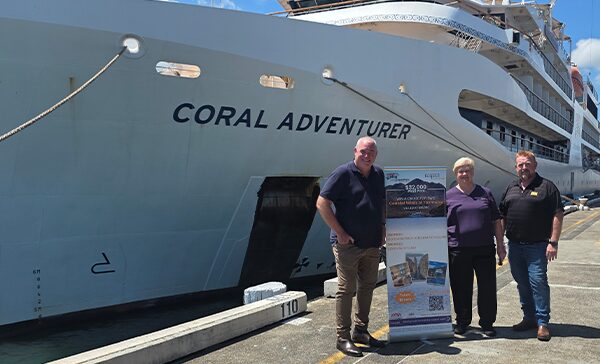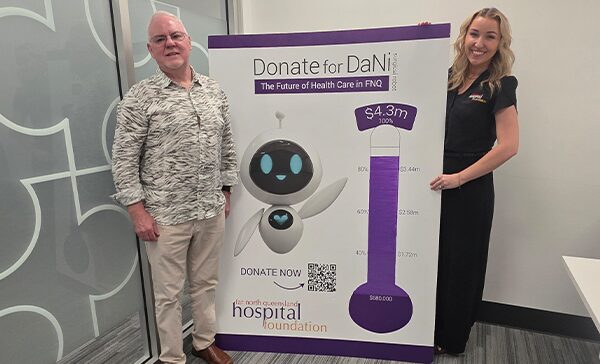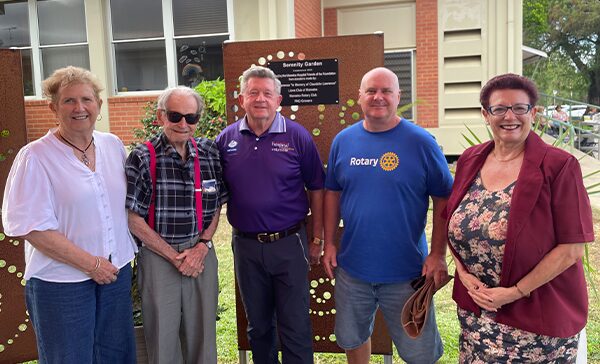
The latest technology to extract venom from box jellyfish and Irukandji has arrived in the Far North, in time for stinger season.
The $25,000 bead mill homogenizer funded by the Far North Queensland Hospital Foundation, will allow James Cook University’s world-renowned jellyfish expert Prof Jamie Seymour and PhD candidate Emily O’Hara to extract venom in greater quantities than before.
“Far North Queensland is home to two of the most dangerous species of jellyfish in the world – the big box jellyfish possesses venom capable of killing an adult human in less than two minutes.
“The Irukandji jellyfish inflicts a torturous condition on its victims which presents as severe muscle pains, vomiting and has previously caused fatalities through intercranial haemorrhages,” Ms O’Hara said.
She said the team at JCU’s Tropical Australian Stinger Research Unit, is currently the only organisation in Australia that regularly collects and extracts big box jellyfish (Chironex fleckeri) venom and the only scientists in the world extracting venom from the Irukandji jellyfish (Carukia barnesi), supplying both venoms for in-house and external researchers as well as for anti-venom production.
“We supply the only company developing box jellyfish antivenom, and our team leader and senior researcher Professor Jamie Seymour has many clinical research collaborations with Cairns healthcare professionals, all stemming from the venom we collect. This includes developing novel sting treatments and most recently, using a compound of box jellyfish venom to treat arthritis,” said Ms O’Hara.
She said the equipment currently involved in the venom extraction process has limitations, inducing significant heat build-up within the venom which can affect the biological activity of the venom components.
“More technologically advanced equipment is now available which would maintain the venom at a stable cold temperature throughout the extraction process. This would yield more biologically intact venom, increasing the medical accuracy of all associated research,” said Ms O’Hara.
She said the team will use an attached cryo unit to obtain a more biologically active and medically accurate venom by preserving volatile molecules within the venom.
“The beauty of this is the equipment will be continually used for years into the future, benefitting all subsequent years of jellyfish venom research.”
Foundation CEO Gina Hogan said Ms O’Hara’s grant formed part of $218,000 funded by the Foundation in 2023 – its second annual research funding round.
“We have now contributed almost $2 million to research in the region since 2007 and we’re keen to grow this aspect of our support,” Mrs Hogan said.
“Together with the hospital, we’re on a quest to achieve university status and you can’t have that without undertaking a lot of research. Our grants range from $50,000 to $5000 and they are highly competitive and sought after. As well as JCU researchers, we are proud that our grants are now sought-after by hospital staff wanting to grow their knowledge and research capability.”



